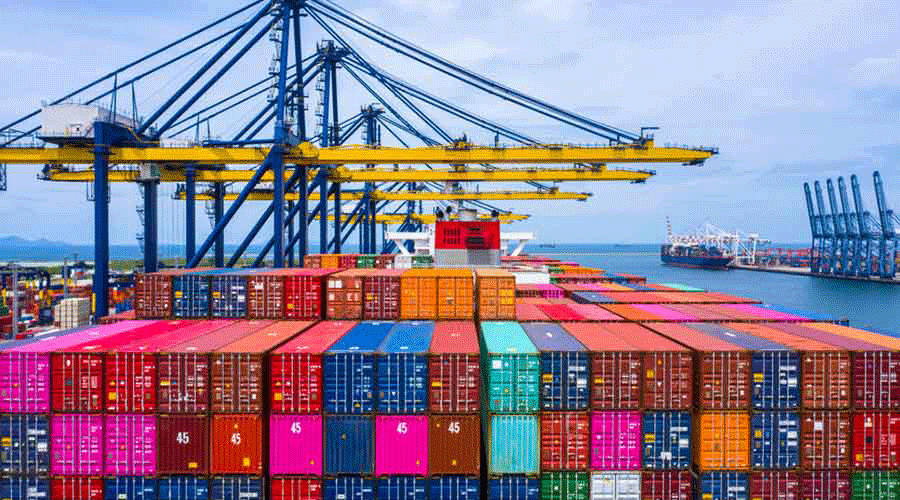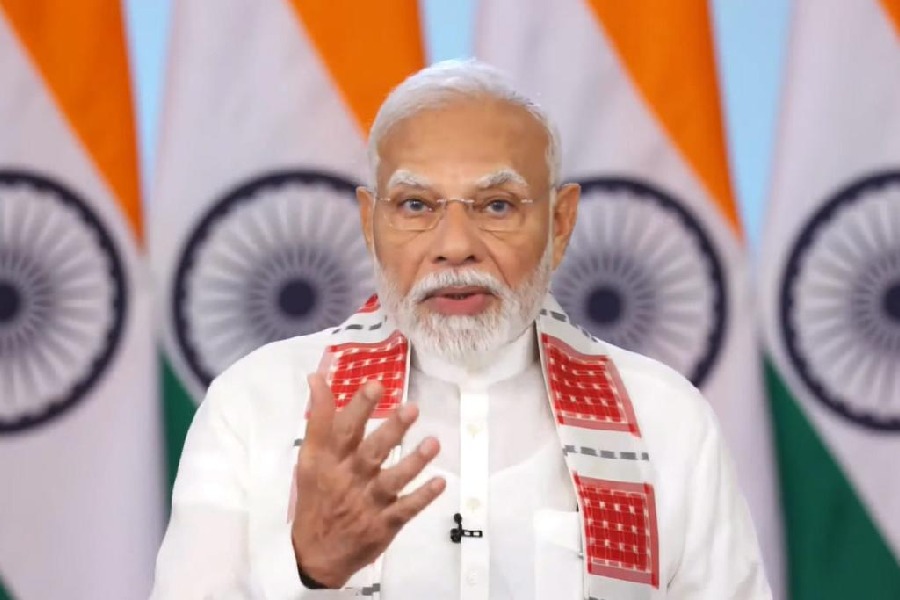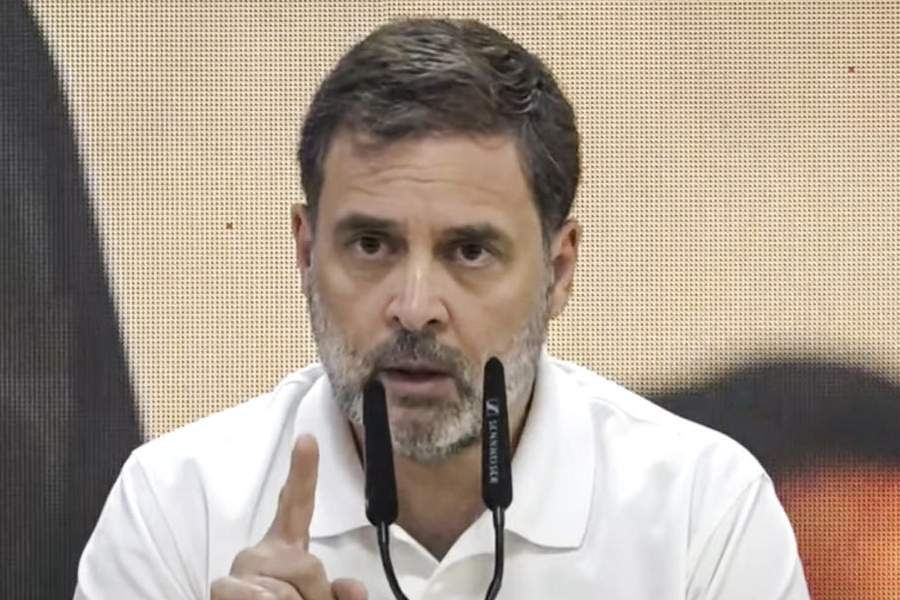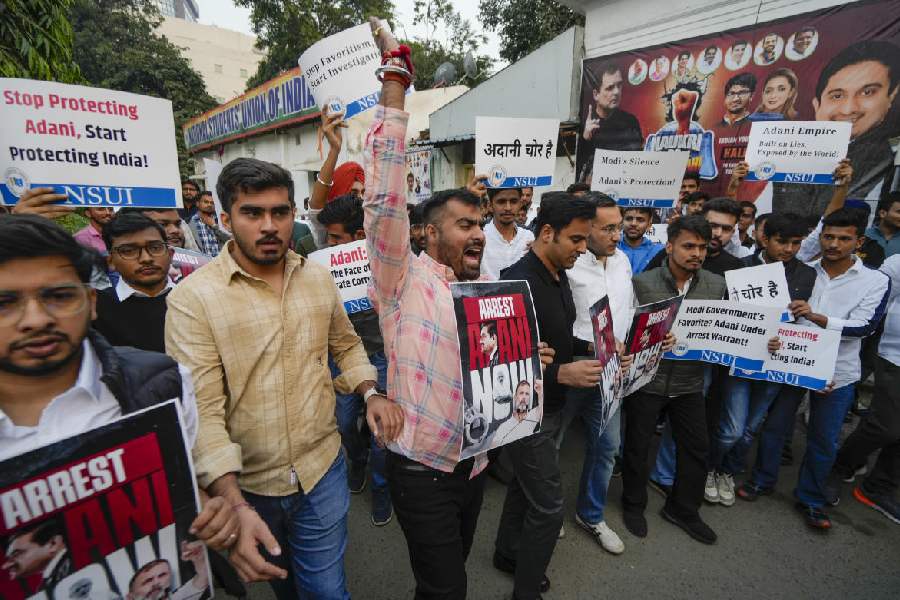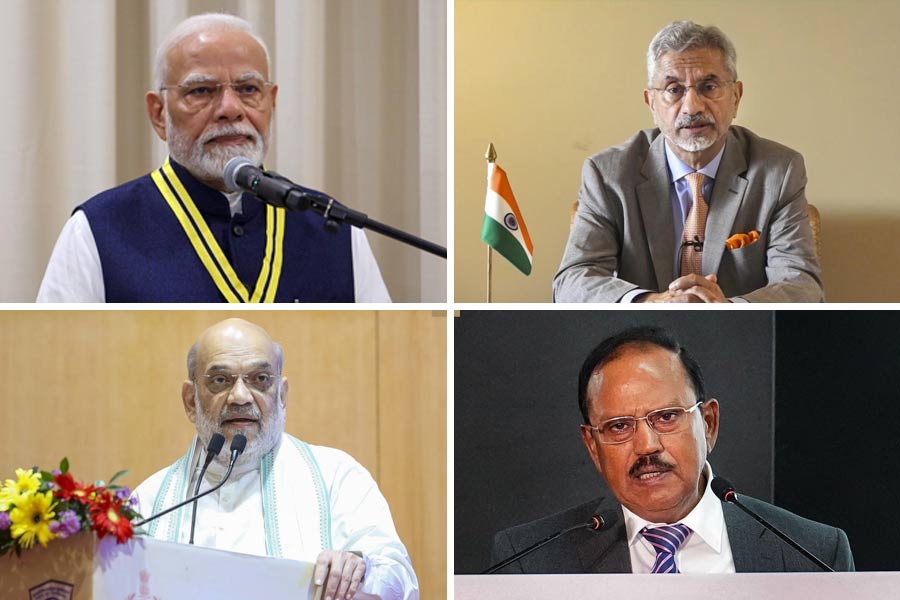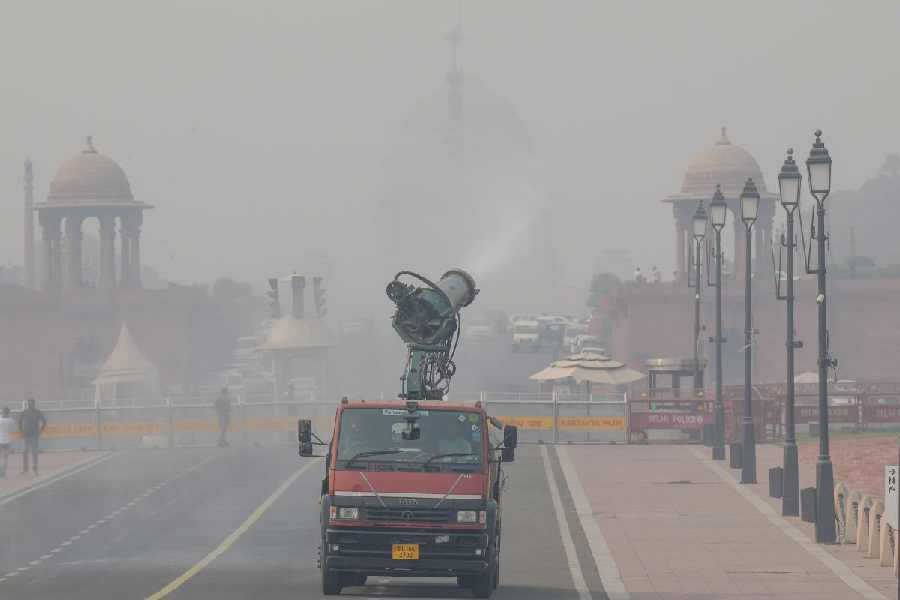After years of delay, the much expected Foreign Trade Policy 2023 released on Friday aims to boost exports to $2 trillion by 2030 by shifting from incentives to a remission and entitlement-based regime.
The policy seeks to support international trade using the rupee and increased the limit of exports through courier to Rs 10 lakh per consignment from Rs 5 lakh.
It also has an amnesty scheme for failing to fulfil export obligations.
Analysts said the policy does not have a clear road map, while the ambitious aim of the rupee trade lacks details and more measures are needed to boost e-commerce trade.
“We have ensured there is no end date to this policy, it will be updated from time to time,” said director-general of foreign trade Santosh Sarangi.
Trade analyst Biswajit Dhar of the JNU said: “The FTP is silent on some of the long-standing bottlenecks, including the inverted duty structure that continues to plague exporters.
“The FTP should have provided a well-thought-out plan to ensure that the textile and clothing sectors are among the better-performing exporters.
“Focus on this labour-intensive sector was vital, especially when the labour market is going through a prolonged slump.”
Amnesty scheme
The policy provides relief to exporters who are unable to fulfil their obligations against the export promotion capital goods (EPCG) scheme. It introduces an amnesty scheme for one-time settlement of default in export obligation.
All pending cases of default can be regularised on payment of customs duties that were exempted and interest at the rate of 100 per cent of the duties exempted.
“One of the most litigated issues pertaining to non-fulfilment of export obligations under the Advance Authorization and EPCG schemes can now be settled under the new Amnesty Scheme. The actual quantum of benefit offered under the Scheme will only come to light once the fine print of the new FTP is released,” Shashi Mathews, Partner, IndusLaw, said.
Rupee trade
The policy allows trade settlement in rupees and required changes have been introduced for the grant of export benefits and fulfilment of export obligations in the domestic currency.
“If there are countries where there is currency failure or dollar shortage we are willing to trade in the rupee with them,” said commerce secretary Sunil Barthwal.
Analysts said exports in the rupee are not taking off as it needs precise guidelines relating to process, and exchange rates acceptability by all banks.
The policy outlined a slew of measures such as extending all FTP (free trade policy) benefits to e-commerce exports.
“The FTP proposed to increase the value limit of exports through courier services. The export limit is still a barrier for SME exporters in high-value sectors such as electronics or gems and jewellery or handicraft. None of our competing countries has value limit and this needs to be reviewed and removed,” Arpita Mukherjee of the ICRIER, said.
CAD narrows
India’s current account deficit (CAD) declined to $18.2 billion or 2.2 per cent of GDP in the December quarter.
The decline was mainly due to the narrowing of the merchandise trade deficit, according to data released by the RBI on Friday.
CAD was at 3.7 per cent of the GDP in the second quarter of 2022-23 and 2.7 per cent a year ago.
The plan
■ Amnesty if exporters default in their obligations under export promotion capital good scheme
■ Exporters will have to pay back the customs duty on which they were exempted under EPCG scheme
■ Interest rate of 100% of exempted duty needs to paid

